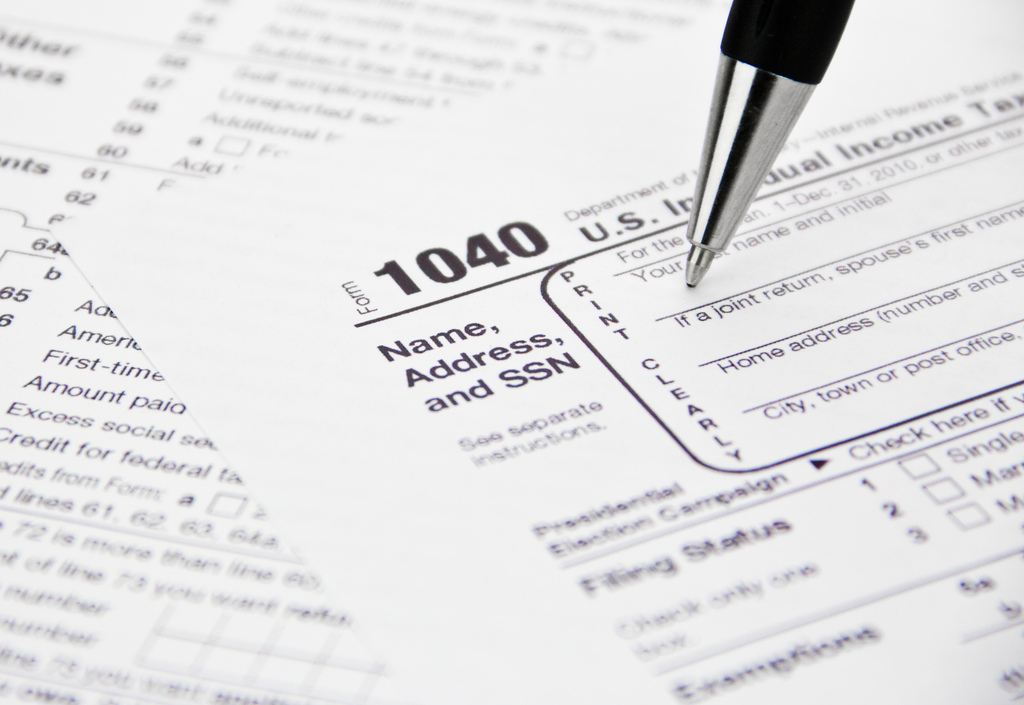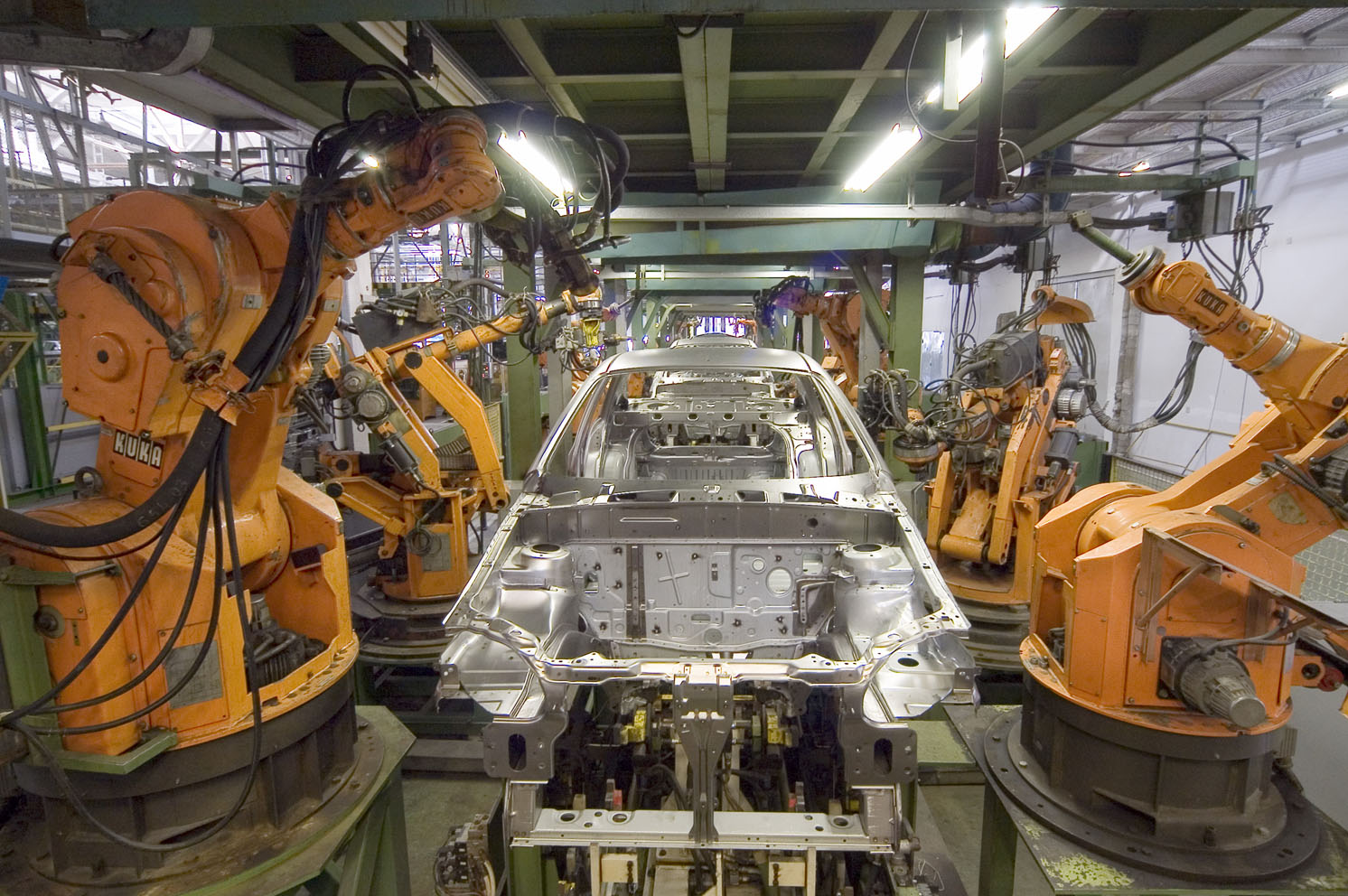Economic Metrics
Picture credit: freeGraphicToday | CC0, Pixabay.
Introduction
“You get what you measure.” That is why it is quite important to understand the moral and ethical limits of economic measurements.
Other Resources on Christian Faith and Economic Metrics and Measurements
David K. Goodin, “The God of the Market Place: John Stuart Mill and Maximos Confessor on Economic Virtue”. World in the World: Concordia University Graduate Journal of Theological Studies 3/1, 2010.
Simon Rogers, Bobby Kennedy on GDP: 'Measures Everything Except That Which Is Worthwhile'. The Guardian UK, May 24, 2012. Reflects RFK’s Catholic faith.
Richard Spady, Economics as Ideology. First Things, Apr 2018.
“We can say many things about the discipline. But it’s sufficient for our purposes to stipulate one of its great principles: Being able to do something you couldn’t do before is always good, or at least not bad. There are three leading expressions of this principle. First, the expansion of the opportunities for trade is always good. Second, greater mobility of labor and capital is always good. Third, technological innovation is always good. In all three instances, these claims are true, economically speaking. As a matter of economic calculus, the gains to the winners from the exploitation of the new opportunities are sufficient to compensate the losers for the disruption and its negative consequences to their overall utility. But these compensations are difficult to calculate and effect. It is easier to pretend that the gains will be widespread, or if not, significant enough to allow for politically uncontroversial redistribution.
This fantasy operates powerfully in public discussions, so much so that we often downplay the fact that the expansion of trade, mobility of labor and capital, and technological innovation can lead to bad personal outcomes for some, perhaps many, and that this in turn can create significant political and cultural problems for society as a whole. This tendency toward fantasy indicates the extent of the second deficiency: Many have come to believe in economics not as a discipline but as an ideology.
To make matters worse, these same deficiencies prevent us from acknowledging these problems and taking responsibility for addressing them. What are our problems? The short answer: widespread despair, resentment, and dysfunction among the lower two-thirds of American society as ranked by some mixture of income, education, and social class. For these people, our society has not worked or is on the verge of not working, or they have a justified fear that their children will face a crisis…
This leads me to my conclusion, which is a meta-prediction of what will transpire in a society animated by economics as ideology, such as ours: All of these losses will be redescribed as gains. Many already have been. And the economists will lead the way. They will provide the winners with the technical vocabulary and clever arguments to show that everything we have wrought in our era, even our worst vices and most grotesque injustices, is for the best. They’re already doing so.”
-
Noah Smith, In Which David Sacks and Balaji Raise a False Alarm About the Jobs Numbers. Noahpinion | Substack, Jun 4, 2023. On companies reporting people on payroll (“payroll survey”), and people reporting whether they have a job or not (“household survey) and why they yield different numbers. “Imagine a self-employed freelance writer. Does she have a job? Yes. Is she on anyone’s payroll? No. So if you call up companies and ask “How many people do you have on payroll?”, that survey will miss all the self-employed people like her. But if you call up households and ask “Do you have a job?”, you’ll catch people like her. It’s just a different concept of “employment”. Neither one is right or wrong; they just tell you two different things.”
Elise Gould, The Unemployment Rate Is Not the Right Measure to Make Economic Policy Decisions Around the Coronavirus-Driven Recession. Economic Policy Institute, Mar 20, 2020.
“Think of the restaurant worker who just got laid off. They might not report looking for work because that whole sector is shut down. What would be the point in actively looking for a job when it’s clear that there are none out there? Instead of using the unemployment rate as a trigger-off mechanism, policymakers should use the employment rate—the share of the adult population with a job. This is how the economy looked before the pandemic hit the United States. (Please note: All figures are simply for illustrative purposes and are not drawn to scale.) In February 2020, the employment rate was 61.1% and the unemployment rate was 3.5%.”
Abha Battarai, White House Says Jobs Surging Among U.S.-Born. Here’s What Economists Say. Washington Post, Aug 16, 2025. An excellent explanation of employment statistics. “A quirk in survey calculations is muddying the data on just how immigration policies are upending the labor market.”
“BLS and census officials warn against using that data to draw conclusions about population counts — or comparing it with figures from previous years. Doing so would be “a multiple-count data felony,” Kolko wrote this past week.
One big reason is that the data is hemmed in by a population estimate set by the Census Bureau in January, before anyone had any idea how immigration enforcement was going to play out.
The native- and foreign-born data in question comes from the Current Population Survey, a monthly undertaking by the Census Bureau, which collects information from 60,000 U.S. households, with members responding to questions over the phone or in in-person interviews. Their answers are adjusted statistically to reflect trends in the broader population. One question the census asks: whether they are native-born or foreign-born.
“If there’s a sudden drop in immigration, or if fewer foreign-born residents respond to the survey, then, by design, the number of native-born workers would almost certainly go up,” Kolko said. “The way the calculation is set up, it’s not like you can lower the population of foreign-born workers without raising the population of native-born.”
-
Simon Anholt, Which Country Does the Most Good? TED Talk, Jul 2, 2014. See also the Good Country Index, a website which measures fairly significant moral measurements, such as: refugees hosted; peacekeeping troops; ecological footprint; etc.
Jason Hickel, Forget ‘Developing’ Poor Countries, It’s Time to ‘De-Develop’ Rich Countries. The Guardian UK, Sep 23, 2015.
Douglas Holtz-Eakin, Which President 'Created' More Jobs? Wall Street Journal, Nov 8, 2016. Says incentives to work, productivity growth, and overall economic growth are more important than just jobs created, but Robert F. Kennedy's critique of GDP still applies also.
N. Gregory Mankiw, Want to Rev Up the Economy? Don't Worry About the Trade Deficit. New York Times, Dec 2, 2016.
David Leonhardt, We're Measuring the Economy All Wrong. New York Times, Sep 14, 2016.
Kate Aronoff, Unhinged GDP Growth Could Actually Destroy the Economy, Economists Find. The Intercept, Dec 5, 2016.
Richard Werner, How the Banking System and Financial Sector Really Work. Alessandro Del Prete, Mar 9, 2017. GDP analysts don’t know how to account for the financial sector; their value-added is zero, even negative. Werner argues for decentralized, small banks.
Kate Raworth, Be Agnostic About [GDP] Growth. Doughnut Economics Action Lab, Apr 3, 2018. Financial markets and government came to expect GDP growth, regardless of whether it made us thrive.
Christine Emba, What Country Isn’t Obsessed with Ensuring Economic Growth? New Zealand, Apparently. Washington Post, Jun 14, 2019.
Christopher F. Jones, The Delusion and Danger of Infinite Economic Growth. New Republic, Oct 1, 2019. “How economists came to ignore the natural world.”
David Pakman, Ethical Billionaire Destroys CNBC Clowns. The David Pakman Show, Oct 17, 2019. An interview with Marc Benioff, CEO of Salesforce, on stakeholder vs. exclusive shareholder capitalism, and new economic metrics.
Hobbie Stuart, COVID-19 and Economic Narratives. Unlearning Economics, Apr 20, 2020. Examines how GDP is calculated and questions its meaning, especially in light of factors like resilience and human flourishing.
More Perfect Union, The Evil CEO That Elon Musk Is Copying. The Class Room | More Perfect Union, Apr 13, 2023. GE CEO Jack Welsh in the early 1980s pioneered “shareholder capitalism.” The CEO of General Electric is the reason companies off-shore jobs, do massive cost-cutting and layoffs, and pour all their profits into stock buybacks. He invented the American CEO.
Jonathan Stempel, Diane Bartz and Nate Raymond, Meta's Instagram Linked to Depression, Anxiety, Insomnia in Kids - US States' Lawsuit. Reuters, Oct 25, 2023.
Michael Hudson, Why Is the American Empire Crumbling? Robinson’s Podcast Clips, Nov 11, 2024. Financial, global capitalism triumphed over industrial, domestic capitalism. In 1913, J.P. Morgan gathered private bankers to form the Federal Reserve to neutralize the U.S. Treasury’s ability to manage the U.S. economy. After WW1, the U.S. financial sector insisted on getting paid back, which contributed to harsh reparations on Germany, which led to WWII. After WWII, the U.S. had so much gold that the U.S. dollar created the global financial order. In the 1980s, the U.S. led the way in debt-leveraging, junk bonds, and exploitation of housing needs. The rules for mortgage lending relaxed from 25% of a person’s income to Fannie Mae’s federal guarantee of 43%. The financialization of housing began to price U.S. citizens and labor out of the market. Then financial interests viewed U.S. labor as too expensive and outsourced jobs to China since 1990s. GDP is misleading: GDP includes all the interest rate loans, the penalty charges that banks charge, monopoly rents, the homeowners’ estimates of what they would have to pay for their house if they had to rent their house. Much of GDP is financial and fictive, not concrete products. Most of GDP growth goes to the 1%.
Second Thought, "The Economy" Isn't What You Think. Second Thought, Feb 17, 2025. A critique of GDP and “growth.” If you can sell everybody on the idea that “growth” benefits everyone, even though it doesn’t, you can kill class politics.
Ashton Schottler, The Stupidity of GDP Per Capita. Type Ashton, Jun 8, 2025. Ashton divides GDP by the Gini Coefficient for a revealing graph.
-
Blair Fix, Debunking the ‘Productivity-Pay Gap’. Economics from the Top Down, Jan 17, 2020.
“Although economists claim to measure ‘productivity’, their measure is actually income relabelled.
As a result, the ‘productivity-pay gap’ isn’t what it appears. It claims to be a gap between productivity and wages. But it’s not. It’s really a gap between two types of income — (1) the wages of workers and (2) the average hourly income of all Americans. This gap is an important measure of inequality. But it has nothing to do with ‘productivity’.”
Using prices to aggregate output seems innocent enough. But when we look deeper, we find two big problems: 1. ‘Productivity’ becomes equivalent to average hourly income. 2. ‘Productivity’ becomes ambiguous because its units (prices) are unstable.
By choosing prices to aggregate output, economists make ‘productivity’ equivalent to average hourly income.”
Krystal Ball, Wall Street Ghouls Want You to Get Virus to Save Stock Market. Rising | The Hill, Mar 24, 2020. "Mommy, what happened to Grandma?" "Well, Timmy, she died so that the S&P500 wouldn't fall below it's 90 day moving average."
Krystal Ball and Saagar Enjeti, Economist: Why the Establishment Won't Admit Workers Are Getting Screwed. Rising | The Hill, Mar 6, 2020. Oren Cass on the “cost of thriving” as a new economic index, where rising wages have not kept up with the cost of living. Cass discusses why he has been criticized especially by those on the right.
Krystal Ball, Did Covid Launch A Work Revolution? Rising | The Hill, May 10, 2021. Asks excellent questions about why people are not returning to the labor force during/after the COVID pandemic, which led to the surprisingly low result of the April 2021 jobs report.
Cody Johnston, The Racist History of Austerity Politics In America. Some More News, Jul 19, 2021. Also called “Racism and Capitalism - A Love Story” starting with Reconstruction and the Southern resistance to taxes and black empowerment; the argument was “fiscal responsibility” based on the interests of “the taxpayer.”
Second Thought, The Myth of Upward Mobility. Second Thought, Dec 3, 2021. Opportunity itself has been commodified, and thus stratified. There is no such thing as equal opportunity. Cites Stanford Center on Poverty and Inequality. Stanford University.
Ryan Grim, Americans Think The Economy Is Doing Poorly Because We’ve Become Consumers First. Rising | The Hill, Dec 6, 2021. Discusses public opinion polling on the health of the economy; an intriguing hypothesis, although Grim does not comment on rent and housing, along with food and gas. Wage increases and worker satisfaction are important, however. Also, Richard Wolff, Economic Update : Class Struggles in the US Today. Democracy at Work, Dec 6, 2021. Discusses teacher burnout and labor, then asks whether two billionaires flying into space while our society is so polarized and unequal is helpful.
Robert Reich, The Biggest Economic Lies We’re Told. Robert Reich, Feb 21, 2023. A short video about how we measure things that don’t tell us the truth about what’s important or who is experiencing what. Reich argues we need to measure income earned, median income, how many people are housed vs. unhoused and clothed vs. unclothed and fed vs. unfed, who owns what (where is wealth, how concentrated is it?), and other “kitchen table economics” that ordinary people experience.
Noah Smith, Progressives Need to Learn to Take the W. Noahpinion | Substack, Sep 1, 2024. Smith points out very important definitional changes in how we define and measure “poverty.” Poverty is not intractable. LBJ’s Great Society was quite effective at bringing down poverty. Food stamps, Medicare, and the EITC have been effective.
Ashton Schottler, The Stupidity of GDP Per Capita. Type Ashton, Jun 8, 2025. Ashton divides GDP by the Gini Coefficient for a revealing graph.
Melissa Naschek, Colonial Plunder Didn’t Create Capitalism. Jacobin Magazine, Dec 14, 2025. Vivek points out that capitalism really started in 14th and 15th century England. It did not start with the Spanish and Portuguese empires, because they simply accumulated gold and goods without turning them into reinvestable capital. In England, however, the feudal relationships between nobles and peasants eroded as nobles displaced peasants from their land. Peasants’ traditional rights to land were eviscerated. This forced English peasants to offer their labor and products at lower costs, seeking efficiencies. The cultural and institutional motivation to use money as investment capital was driven by insecurity. Britain’s imperial expansion followed capitalism and expanded it, but did not create it. Thus: “You can think of the welfare state as something where people are given access to basic necessities as a matter of right, which is what they had in feudalism. They had access to basic necessities because they had rights to the land. And just like that was a barrier to capitalism back then, the welfare state is seen by capitalists as a barrier to their growing expansion and profitability today. And that’s why capitalists oppose what’s called “decommodification” — this is when goods that have been bought and sold in the market are taken off the market by giving them to people as rights.”
-
Krystal Ball and Saagar Enjeti, Economist: Why the Establishment Won't Admit Workers Are Getting Screwed. Rising | The Hill, Mar 6, 2020. Oren Cass on the “cost of thriving” as a new economic index, where rising wages have not kept up with the cost of living. Cass discusses why he has been criticized especially by those on the right.
CNBC, Can The Inflation Crisis In The U.S. Be Stopped? CNBC, Dec 7, 2021. Mentions how inflation is understated from the PCE because housing is assumed to be 22% of household income, but on average it is 40 - 50%.
James Li, The Inflation Lie the Government Doesn’t Want You to Know About. 51-49 with James Li, Apr 17, 2022. How the CPI switched from a cost of goods index to a cost of living index.
Mark J. Perry, Chart of the Day… or Century? American Enterprise Institute, Jul 23, 2024. Inflation from 2000 - 2022 broken out by category.
Steve Keen, "Powell May Crash US Economy" Top Economist Warns Trump. Prof Steve Keen, Jul 20, 2025. At the 11:15 minute mark, Keen cites the Polish economist Michal Kalecki, concerning inflation. Kalecki defined inflation as: Increase in money wages of workers + Changes in price markups - Productivity increase in output per worker. Thus, Kalecki argued that inflation is not a monetary phenomenon, contrary to the Austrian School of Economics and libertarians who get mad at the Federal Reserve. The 1970s inflation was due to increased energy costs, which meant a decline in productivity per worker.
-
David Lazarus, With Most Drug Ingredients Coming from China, FDA Says Shortages Have Begun. Los Angeles Times, Feb 28, 2020. “About 90% of the core components of leading antibiotics such as amoxicillin and penicillin come from China.” Chaguan, Covid-19 Is Teaching Hard Lessons About China-Only Supply Chains. Economist, Feb 29, 2020. “A large share of the world’s supply of antibiotics depends on a handful of Chinese factories.” The neoliberal focus on GDP is shortsighted because it overlooks resilience in public health (not to mention manufacturing and security industries)







































